Motorcycles could play an increasingly important role in fleet operations as businesses and employees tackle an array of transport challenges, notably congestion.
Organisations including the police and The AA, as well as courier companies, are already well-known for operating motorcycles and now Honda says fleet sales represent a “priority area” for their business.
Nick Campolucci, the recently appointed general manager of Honda Motorcycles, said: “We believe fleet sales to be the single largest untapped sales opportunity and a crucial area of our business going forward.
“As part of our strategy, we aim to continue our successful activity in public sector operations, having agreed fleet deals with London Ambulance, The AA and SEG 32 (Special Escort Group) in recent years.
“We are also looking at creating a fleet package that appeals to independent training school operations, which will allow them to grow their business and in turn generate more riders for the industry as a whole.”
Additionally, Honda –the UK’s larger motorcycle seller – has formed a working party with a range of organisations including some of its dealers, the Motorcycle Industry Association (MCI), automotive industry data specialist Fleet Influence and the Driver and Vehicle Licensing Agency (DVLA), to explore opportunities.
Salary sacrifice opportunities
As well as fleet sales, Honda believes there is a major opportunity for securing new business among employees through the growing popularity of salary sacrifice schemes.
In devoting “significant resources” to raise its profile and increase its activity in the fleet sector, Campolucci told delegates at the recent FleetNet annual conference: “We have had to start from a foundation level and conduct our own base research to gain a better understanding of what lies ahead of us.”
Unlike the car and van sector, the motorcycle industry is not currently set up to provide data on or track fleet registrations and so Honda is working closely with the MCI to set up an appropriate system which can be utilised for the future.
Honda, which uses Fleet Influence to provide service, maintenance and repair (SMR) data for its cars, has also turned to the company to provide similar data relating to motorcycles.
Fleet Influence managing director Stephen Dilley said: “We have put together an SMR system that is currently being assessed by Honda and a number of its dealers.
“The data is a natural extension of what we already provide on cars and LCVs and the fact that we already have a relationship with Honda helps.
“The nature of motorcycles is that a lot of the service work is fairly straightforward, but it tends to be complicated at the lower end with scooter-type machines because additional effort is required in removing panels so when we look at labour time for removing a spark plug and it is perhaps higher than might be expected.”
Interestingly, he added: “What will in our view become an element of the running cost management will not just be the mechanics of the bike but also the safety equipment that the rider needs to wear.
“That is part and parcel of the overheads of the motorcycle, but the overall benefits for the right fleet applications put motorcycles far and away ahead of cars or LCVs.”
Commenting on the scope of the working party, Dilley said: “There is a lot of enthusiasm to improve communication to the fleet market. The fleet market is nervous, not least because of health and safety issues, but the nervousness is out of fear of the unknown rather than fact.”
Rider safety programmes
Steve Kenward, MCI’s acting CEO, said Honda had also been consulting on developing specific rider safety programmes for those using motorcycles as part of a fleet programme.
He continued: “Using powered two-wheelers in a fleet application is a natural extension of the message that MCI has been broadcasting concerning commuting.
“Both fleet operators and commuters are seeking the same thing – low running costs and reduced travelling time, with fleet operators also mindful of ways to achieve a lower carbon footprint.”
Kenward also highlighted as a potential fleet opportunity the emerging electric motorcycle market, with developments in extending ranges (up to 120 miles for some models) and the added benefit that no special charging infra-structure is necessary, as they can be charged on domestic three-pin plugs.

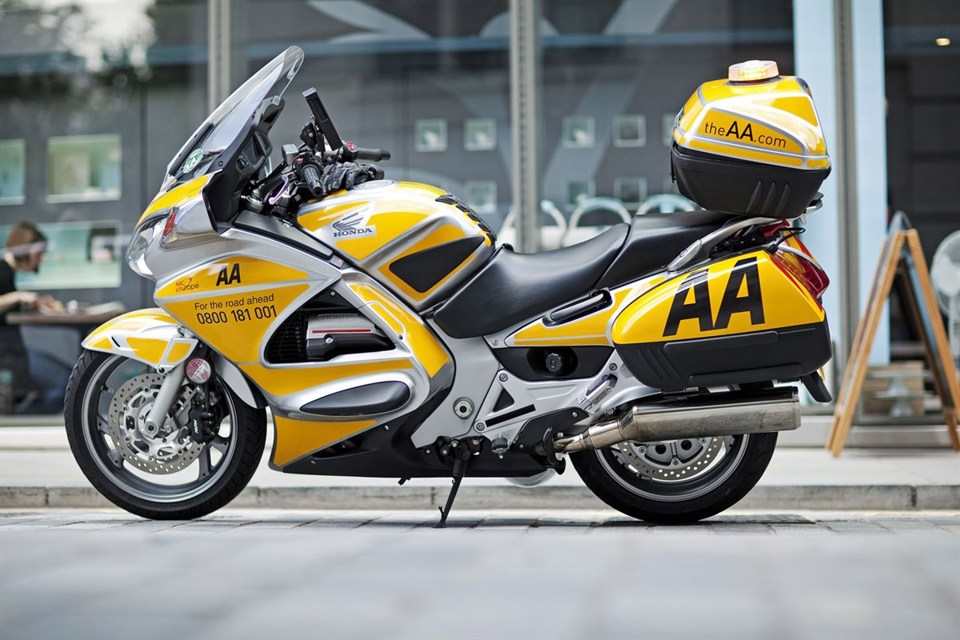
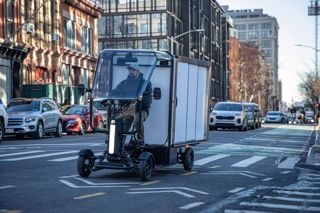
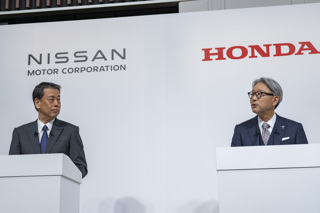
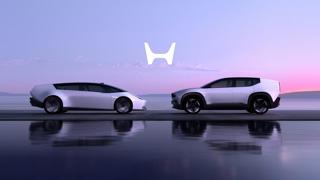
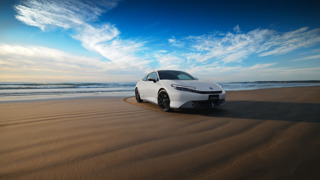












Login to comment
Comments
No comments have been made yet.